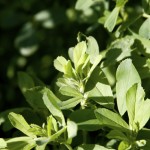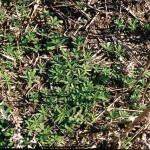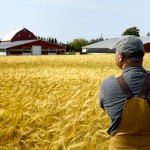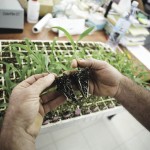It’s become a perennial issue for forage seed growers. Will or won’t Roundup Ready alfalfa be released in Canada? The question loomed large at the Manitoba Forage Seed Association’s annual conference in Winnipeg last week, where the issue was raised no less than four times. “We basically feel that there isn’t a need for it,












